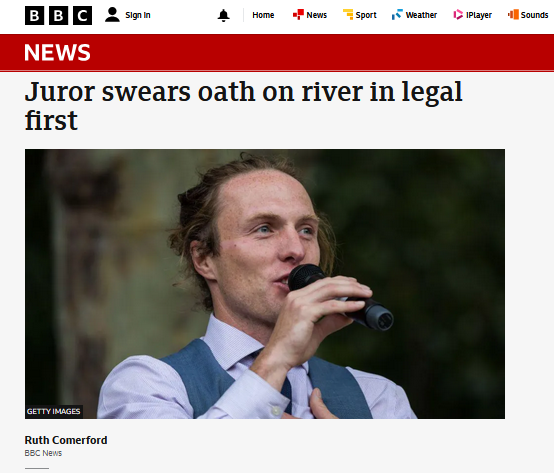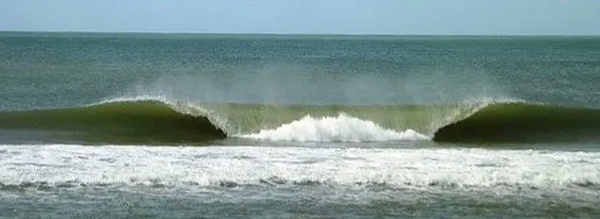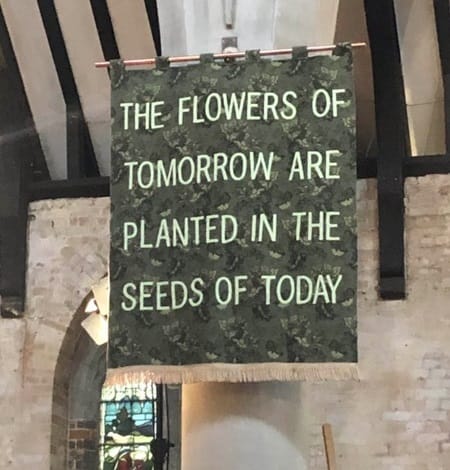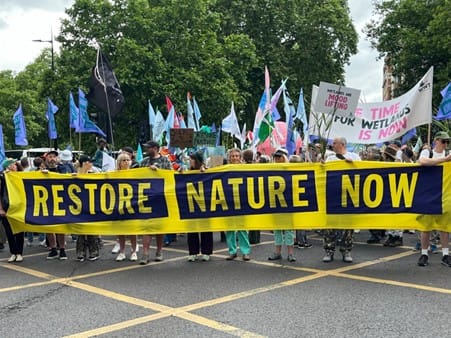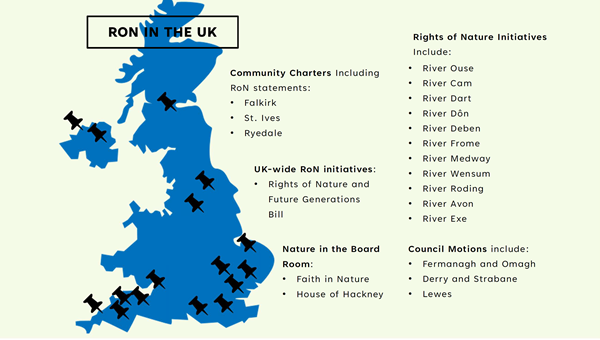Being for Nature: Introducing Social Ecology

By Alex May
I’m writing these blog posts to share what I’ve learned and how my thinking has developed since I first encountered Earth Jurisprudence about seven years ago.
This first blog post will look at what it means to be for Nature, as in this group’s name, introducing the core idea of social ecology. The second blog post will look at how we understand society. The third post will then look at what this means for law, expanding from Earth Jurisprudence to what I have termed ‘Interconnected Law’.
How should we think about nature?
Let’s start with how we understand the world we live in.
Commonly, ‘human’ is thought of as separate from ‘nature’. In the West, we can see the modern roots of this in both Christian theology and the scientific revolution, this idea of humans as separate from and superior to the “natural” world, either with a theological basis or the idea of superior intellect.
Even now, many environmental or ecological movements still have a worldview in which humans are separate from nature. This is common in ideas around nature ‘conservation’, for example, or anything that sees ‘nature’ as only existing when untouched by humans and outside of cities, or in ideas which view ‘environmental issues’ as separate from ‘human issues’.
I am sure that many people reading this will recognise that humans are actually part of nature. Our role in ecosystems, locally and globally, may well be negative and massively destabilising the balance. Nonetheless, we are still part of nature. We are ecologically interconnected, both in the various things which we need as conditions for human life and in the effects which we have into the non-human world. Nature is not an other, but something we are part of.
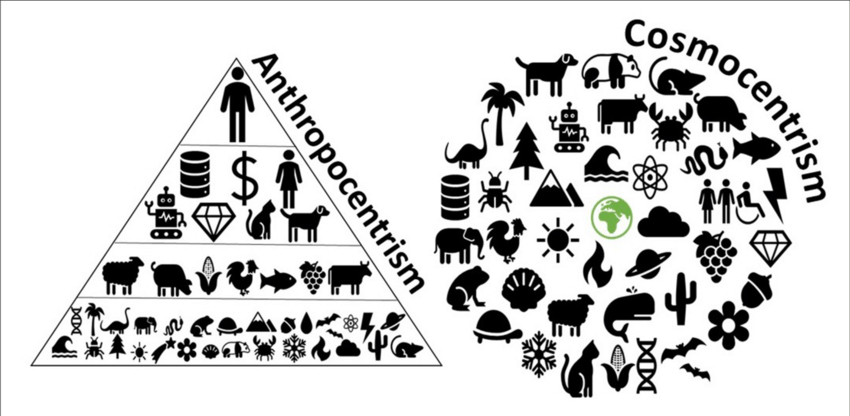
We can still be for nature, love and revere and care for the natural world, but it is important to see ourselves as part of it. This also, I believe, gives us a more wonderful opportunity to connect with nature, as we recognise it is something of which we are a part.
It also changes how we understand ecological destruction: humans are harming something which we are part of. Nature should, of course, be protected for its own intrinsic value, not only for human interests. Yet at the same time, we must recognise that much of ecological destruction does not only harm non-human parts of nature – though it certainly does do this – but that it is also, on the whole, it is also deeply harmful to humans.
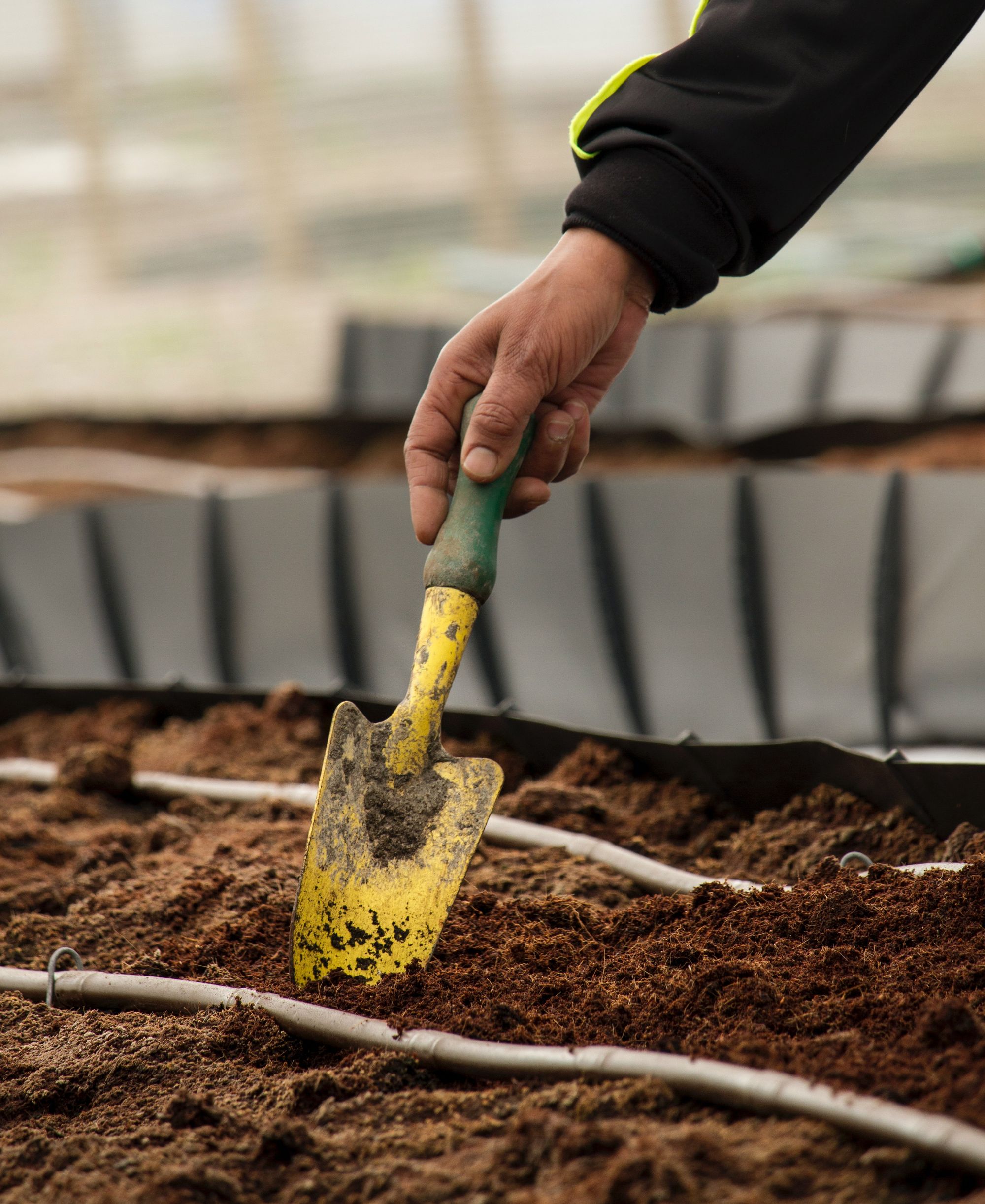
One quick note before moving on: humans are part of nature individually and collectively. As individuals, we are interconnected with a global web of life. We are also part of communities, municipalities and societies which are embedded in nature. For simplicity, let’s just call this ‘society’ and recognise that society is part of nature. We will return to this in the second blog post in the series.
The Root of Ecological Destruction
Once we get rid of the idea of a distinct separation between ‘human’ and ‘nature’, we recognise that society and ecology are intertwined. Therefore, the ecological crisis is a social crisis. We cannot change our relationship to nature without also reweaving huge parts of our social relations and social structures.
Ecological destruction isn’t some abstract relationship between society and nature: it’s enmeshed in so many aspects of society, social relations and human activity. Just as ecological destruction is widespread in all manner of parts of human activity, it is woven into all different social relations.
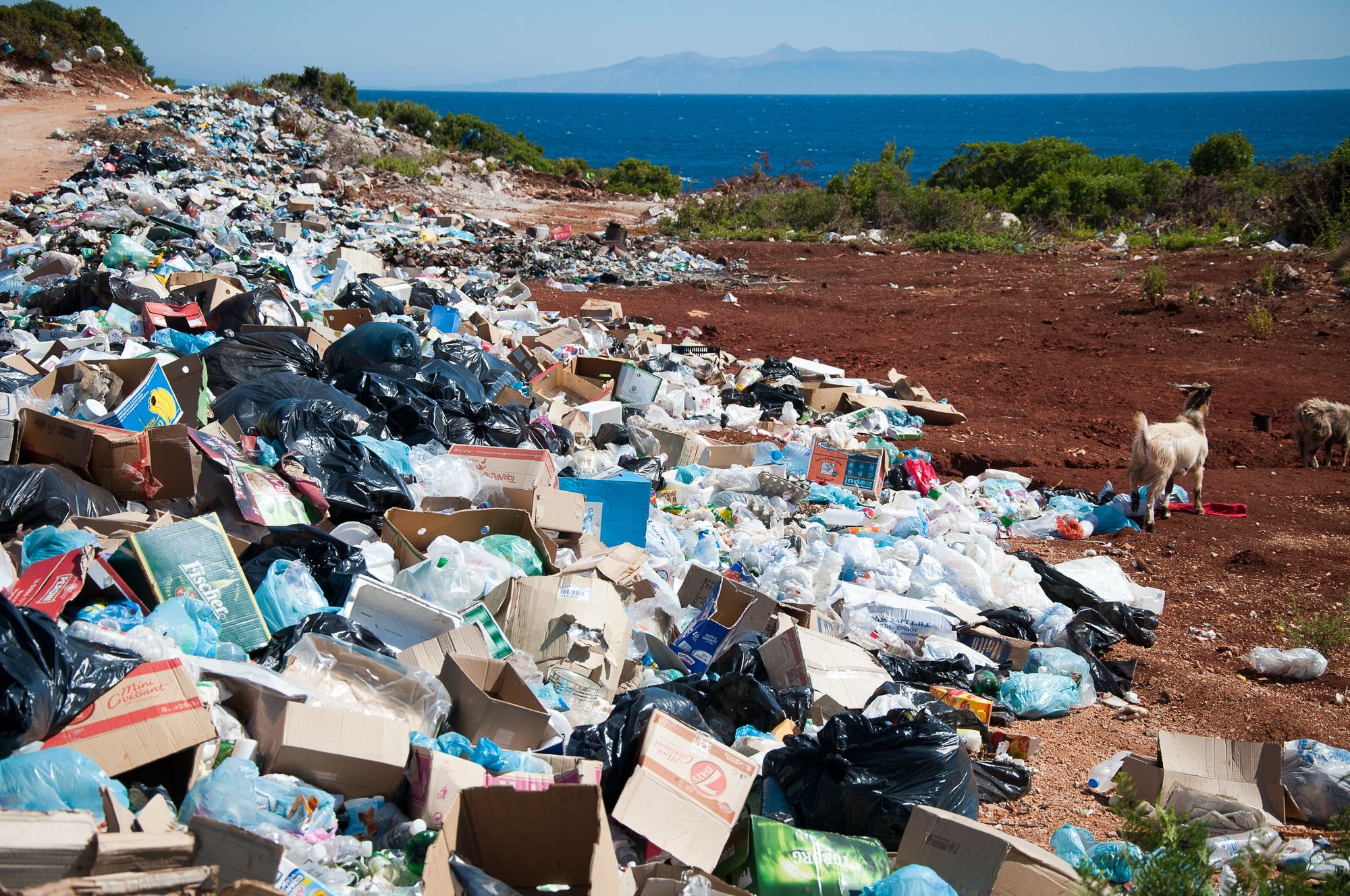
This idea of the ecological crisis being a social crisis was first expressed by Murray Bookchin, who coined the idea of ‘social ecology’. In his words:
“What literally defines social ecology as ‘social’ is its recognition of the often overlooked fact that nearly all our present ecological problems arise from deep-seated social problems. Conversely, present ecological problems cannot be clearly understood, much less resolved, without resolutely dealing with problems within society. To make this point more concrete: economic, ethnic, cultural, and gender conflicts, among many others, lie at the core of the most serious ecological dislocations we face today – apart, to be sure, from those that are produced by natural catastrophes.”

If we think about any ecological issues – I invite you to pick something and map it out – we will notice that various social relations are interwoven, inseparable, with the ecological relationships and ecological harms. For example, destruction of the Amazon rainforest has social drivers such as consumer demand for products such as meat, soy and palm oil, and economic conditions in which both large corporations and little people in poverty are incentivised to destroy a rainforest to make profit. Attempts to ‘conserve’ or ‘protect’ an ecosystem without addressing the underlying social roots of the destruction are unlikely to be successful.
Acting “for Nature”
Ultimately, this means that we cannot think meaningfully about “nature” without thinking about society. Further, we cannot think only about the ecological aspects of our society, as the human social systems which cause ecological harm are also part of social oppressions. Our ecological relationships and our social relationships are intertwined, which means that stopping ecological destruction and shifting to ecological harmony must mean transforming our society and going to the root of social issues.
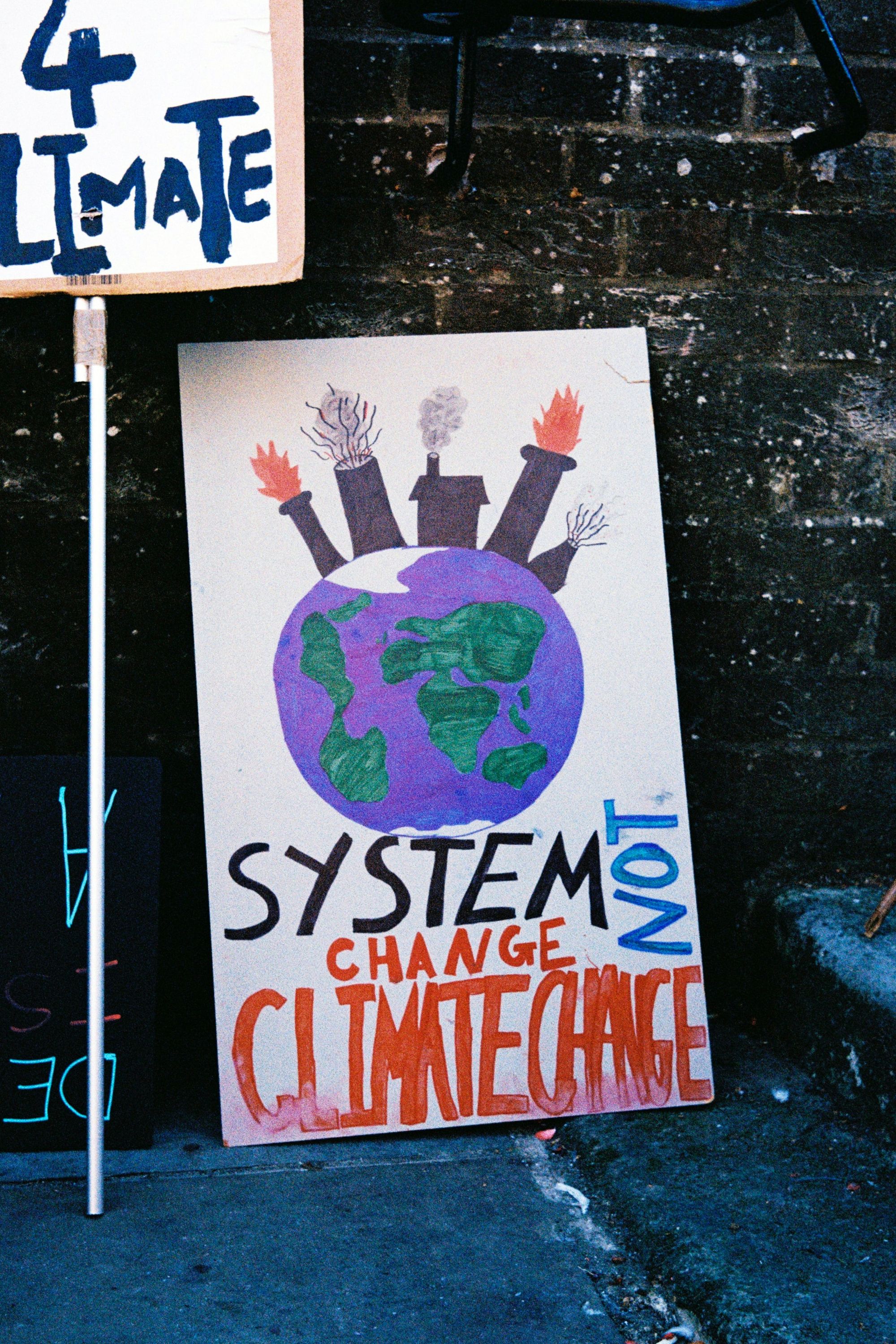
This is a big shift from what many might think of in terms of being “for nature” – that we cannot think about ecological issues in the abstract but must think in an integrated way abut ecological and social issues and about transforming society to be both socially and ecologically just. In the modern age – apart from the pathway of eco-fascism – the only way to achieve ecological harmony is with social harmony.
Subscribe to Lawyers for Nature & Join our Community
If you are on the website, enjoyed this blog and are yet to subscribe to the Lawyers for Nature newsletter, you can click the button at the bottom right hand corner of this page, or simply click here. You can also use our Contact Page if you would like to reach out directly, or simply join our Community Discord Server.
We look forward to working with you.
